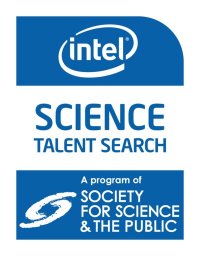This is Steve Ember with the VOA Special English Education Report.
A seventeen-year-old boy from the northeastern state of Massachusetts has won the top prize in the Intel Science Talent Search. The competition is the oldest program in the United States that honors the science projects of high school students. The Intel Science Talent Search is sixty-three years old this year.
The winners receive a new computer and money for a college education. A record one-thousand-six-hundred-fifty-two students from forty-six states entered projects for the competition this year. Their research involved nearly every area of science, including chemistry, medicine, physics, mathematics, engineering, computer science and social science.
Forty students were invited to Washington, D.C. for the final judging. A group of well-known scientists judged them on their research abilities, critical thinking skills and creativity. The judges also questioned the students about scientific problems before deciding on the winners.
The top winner is Herbert Mason Hedberg of North Attleboro, Massachusetts. He received one-hundred-thousand dollars for his college education. He developed a faster, more effective method to tell if a person has cancer. He explored a way to separate telomerase, an enzyme found in most cancer cells. His findings have helped advance research into ways of stopping cancer cells from growing. Herbert said he started the project after watching his grandmother struggle against cancer. He plans to be a doctor and continue doing medical research.
The second place winner is seventeen-year-old Boris Alexeev of Athens, Georgia. He received a seventy-five-thousand dollar scholarship. His research in computer science could be used in the study of genetics.
The third place winner is seventeen-year-old Ryna Karnik of Aloha, Oregon. She won fifty-thousand dollars for describing a new way to build microchips used in computers.
Andrew Yeager of the University of Pittsburgh Medical Center was chairman of the judges for the Intel Science Talent Search this year. He said the competition is an excellent way to discover future leaders in science and technology. Past competition winners have gone on to receive many of the world’s highest honors for science and mathematics.
This VOA Special English Education Report was written by Nancy Steinbach. This is Steve Ember.
